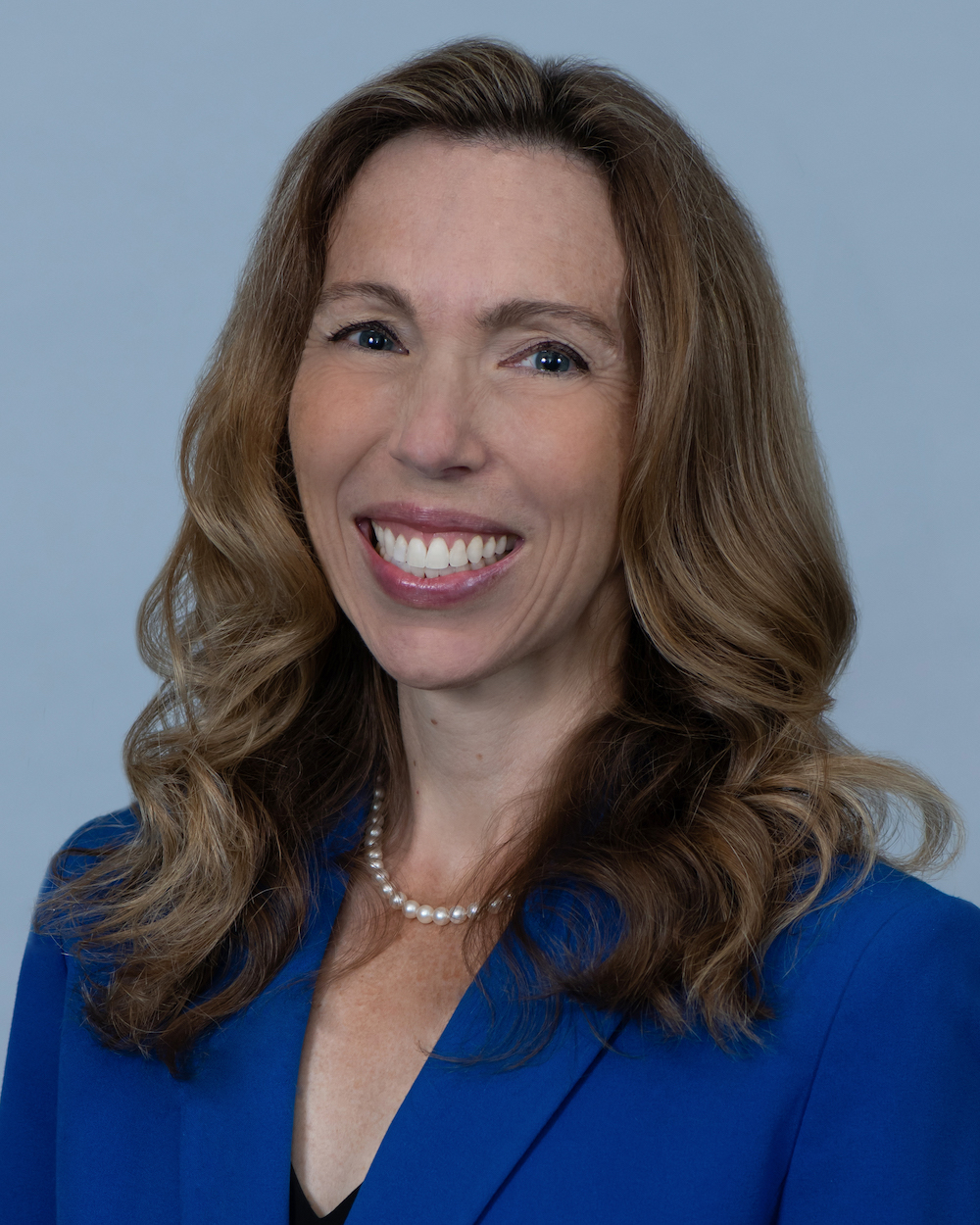Becoming a Valued Resource for Your Professional Network
By Pam Fultz, M.S., APR
February 2022
When crafting a media pitch or client newsletter, do you find yourself searching the internet for information to validate your story? It helps to have an expert you can call.
The past two years have taught me that it’s important to not only have such resources for myself, but also to be available as a resource for my professional contacts, too. My business relationships were relatively strong before the pandemic, but the crisis showed me that they needed to be enriched.
During the pandemic, I began to wonder if the professional associations I had spent years building would survive. When would I see those contacts again? How could I keep in touch with them? What could I offer them during the crisis?
Whether with clients, professional influencers, acquaintances from charitable organizations or news reporters, we must regularly nurture our relationships, especially if they are to withstand an emergency.
“Most of us severely underestimate the value of checking in with our contacts, even just to let them know we are thinking of them,” says Darcy Eikenberg, an executive business coach and founder of the career-coaching firm Red Cape Revolution, in Bonita Springs, Fla. “We mistakenly pull back because we do not want to be a nuisance or waste their time.” But, she says, it’s “the modest yet steady outreach that helps you be of service to the people you care about and depend on the most.”
Stay in touch, offer help
Solidifying relationships with professional associates requires that we maintain consistent, authentic and useful communication with them. We shouldn’t fall silent, even when the only information we have to share might seem bland or repackaged.
Being a valuable resource for our professional contacts also means providing them with useful knowledge. We can offer our services, write an article for them, be a sponsor or supply a speaker. Our assistance might save a contact time and money, while also giving our own organizations opportunities for free publicity.
We can offer to collaborate with contacts to help them succeed. But we have to forge cooperative relationships to ensure future reciprocity. The goal should be a mutually beneficial exchange of information. Appeal to their desires and show how you can improve their lives and businesses.
As resources for our contacts, we can share stories with the media that promote our respective organizations’ missions, cultures and messages. To become trusted sources for reporters, we need to stay abreast of trends and offer local angles on national stories. When we respond quickly and provide relevant information for their stories, reporters are more apt to call upon us in the future.
Eikenberg advises that we open the door for our professional contacts without asking them for anything in return. Doing so “offers a reminder that you are there to help,” she says, and it “strengthens the relationship for the day when you may need their help in return.”



